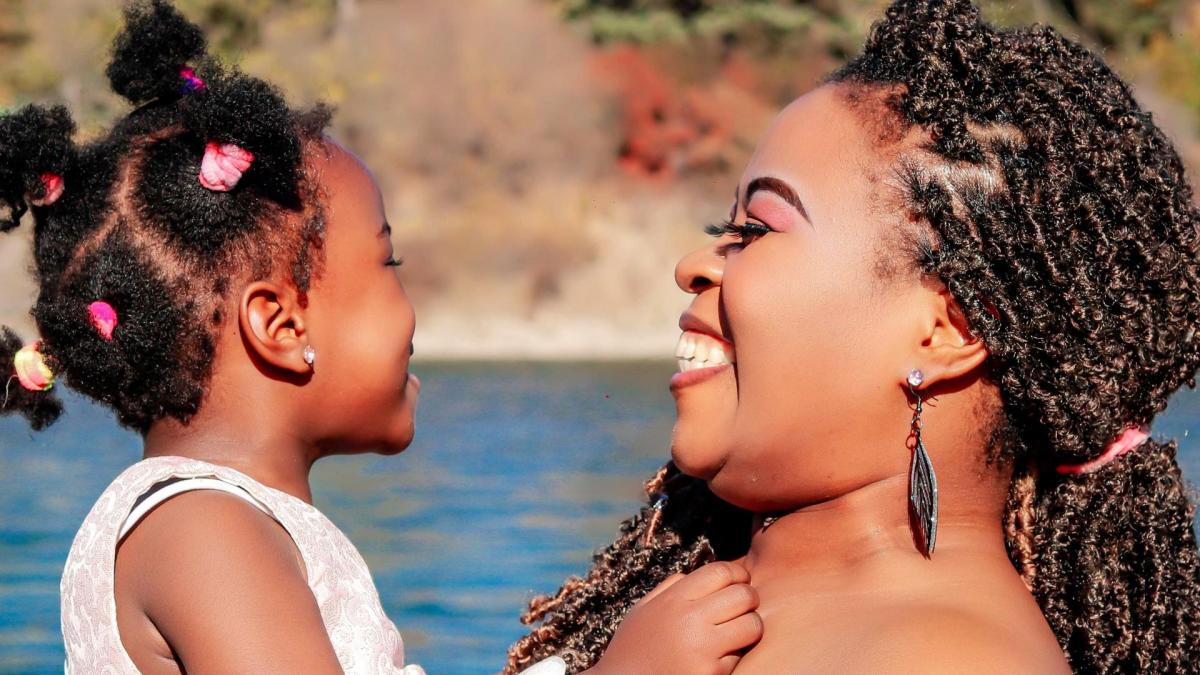Rhea was the Greek goddess of fertility, motherhood, and the earth. She was considered the mother of the Olympian gods, including Zeus, Poseidon, Hades, Hera, Demeter, and Hestia. Rhea was often depicted holding a cornucopia or a lion, which represented her power over the earth.
Cybele, on the other hand, was a goddess from Asia Minor who was later adopted by the Romans. She was associated with fertility, nature, and wild animals, and was often depicted riding in a chariot drawn by lions. Cybele was also known as the mother of the gods and was particularly popular among soldiers and the lower classes.
Both Rhea and Cybele were revered as powerful mother goddesses who symbolized the natural cycles of life, death, and rebirth. Their worship involved rituals and festivals that celebrated the fertility of the earth and the power of the maternal instinct. These goddesses were significant figures in the ancient world and continue to inspire reverence and fascination today.
